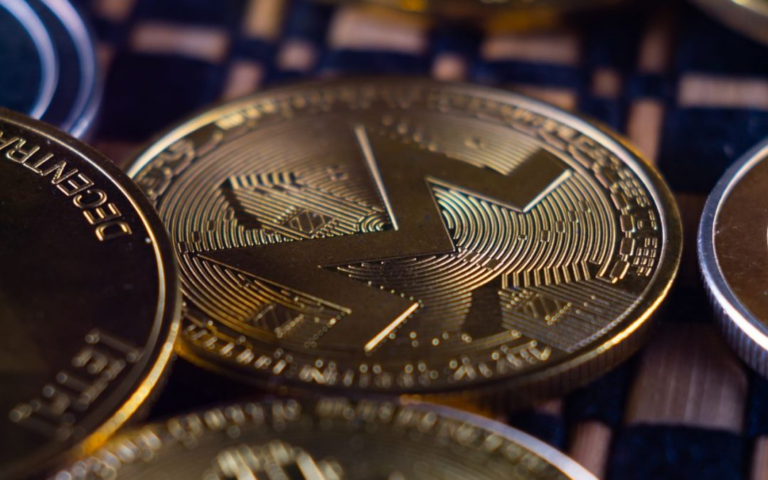How Does Crypto Market Making Work?
Market makers stand as essential players in the crypto market. They play a central role in balancing the demand and supply of digital assets and help create organic trading volume. This article explains crypto market making, including its types and the difference between market makers (MMs) and liquidity providers (LPs).
Who are Crypto Market Makers?
Crypto market makers are entities or individual traders that increase the liquidity of cryptocurrencies by consistently providing buy and sell orders on exchanges. Their goal is to facilitate trading by ensuring that there are always enough orders on both sides of the price spread. MMs make it easier for other market participants to buy or sell their desired cryptocurrency without significant delays or price swings. MMs profit from the difference between the buy (bid) and sell (ask) prices, known as the spread.
The types of MMs:
● Traditional MMs. Use their capital to initiate buy and sell orders on trading platforms, standing ready to buy or sell assets. They do it at a large scale and earn from the spread. Market makers work with crypto exchanges (such as the WhiteBIT crypto market-making company), relying on an order book model.
● Automated market makers (AMMs). Operate on decentralized exchanges (DEXs) and are a cornerstone of their operation. Unlike traditional market makers or order books, AMMs use liquidity pools where LPs contribute assets to a shared pool from which trades are made.
● Algorithmic MMs use algorithms to provide liquidity by continuously placing buy and sell orders and adjusting their strategies based on market conditions.
The Difference Between Liquidity Providers and Cryptocurrency Market Makers
Check out the table below to understand the difference between liquidity provider vs. market maker:
| Market Maker | Liquidity Provider | |
| Role | Continuous buy and sell orders to ensure liquidity | Supply additional capital to the market through liquidity pools |
| Strategy | The market-making strategy in crypto is to earn through the bid-ask spread | Earn returns based on the trading fees generated from the liquidity they’ve contributed to pools |
| Risk Management | Use hedging strategies and adjust their orders based on market conditions | Face impermanent loss, especially in DeFi liquidity pools, where changes in token prices can affect the value of their staked assets |
Table: Liquidity Provider vs. Market Maker.
Market making in crypto is crucial for the health and liquidity of the digital asset market. MMs help maintain supply/demand balance by providing buy and sell orders and facilitating trading. Without MMs, it would be challenging to maintain fair crypto prices and execute trades efficiently.


